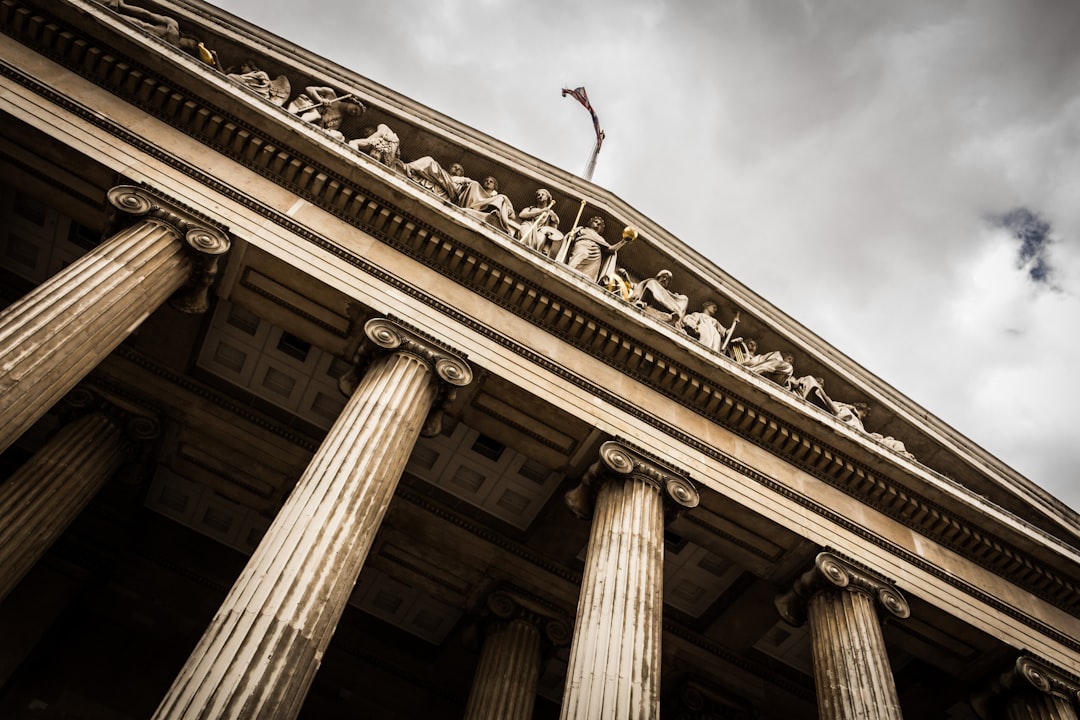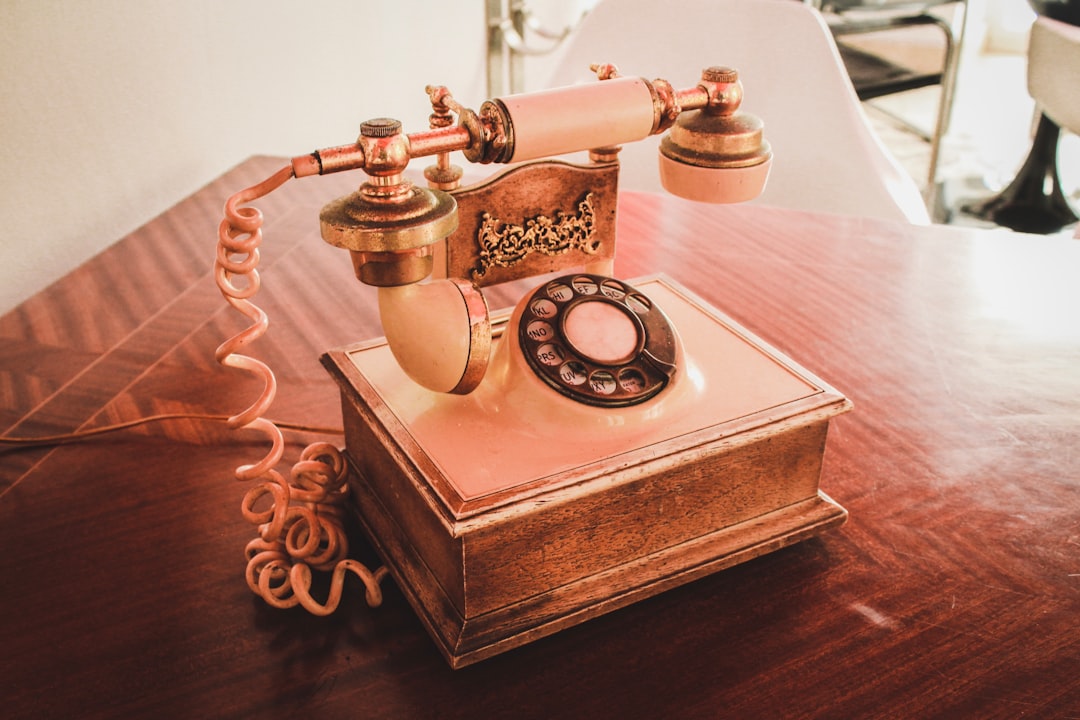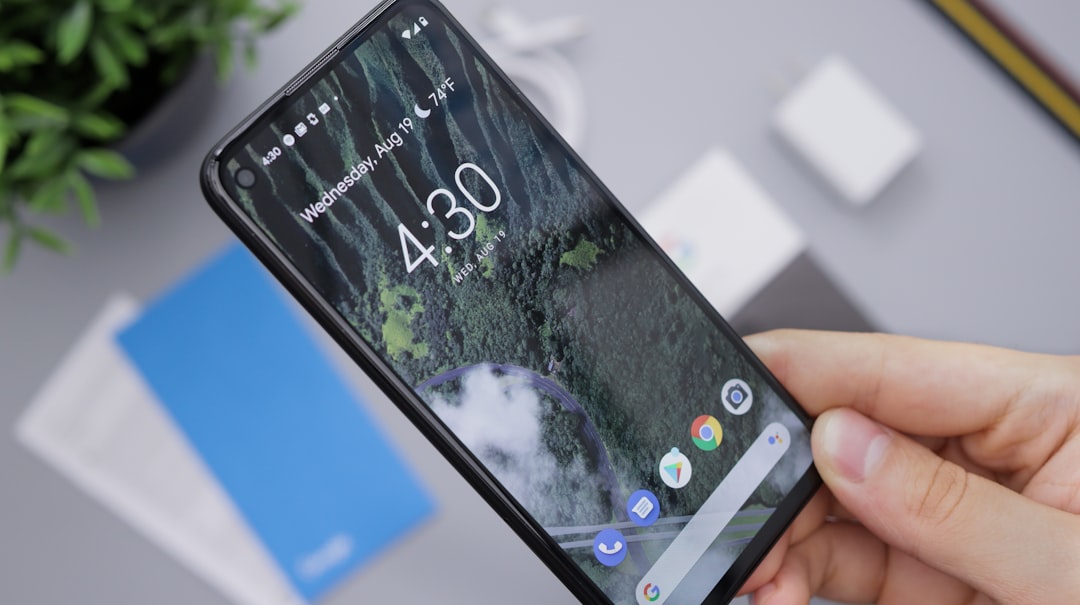Virginia's strict consent laws heavily regulate health-related communication via calls and texts, with a focus on patient privacy and autonomy. Healthcare providers, businesses, and autodialer attorneys must adhere to clear guidelines for automated messages, requiring explicit patient consent documented for compliance. Non-compliance can result in legal repercussions under HIPAA and the Telephone Consumer Protection Act (TCPA). Specialized autodialer attorneys Virginia are crucial for navigating these regulations, ensuring ethical communication practices, and protecting healthcare organizations from penalties and lawsuits related to patient data handling.
In Virginia, navigating health-related communication laws is essential to ensure patient privacy and protect against legal repercussions. This article explores the intricate web of consent regulations, highlighting key considerations for healthcare providers and organizations. We delve into when an autodialer becomes a necessity for outreach, the pivotal role of attorneys in compliance, best practices for obtaining informed consent via phone and text, and the severe legal implications of non-compliance. Understanding these dynamics is crucial for businesses and attorneys in Virginia to stay within legal boundaries.
Understanding Consent Laws in Virginia for Health Communication

In Virginia, consent laws play a crucial role in regulating health-related communication through calls and texts. Understanding these laws is essential for healthcare providers, businesses, and even autodialer attorneys in Virginia who engage in automated communication strategies. The state has specific guidelines on how individuals can give their permission to receive such messages, ensuring patient privacy and autonomy.
Healthcare professionals must obtain explicit consent from patients before initiating any contact via automated dialers or text messaging services. This process involves informing the individual about the type of communication, its purpose, and providing them with a clear option to opt-in or decline. Proper documentation of this consent is vital to ensure compliance with Virginia’s regulations, protecting both patient rights and the organization from potential legal repercussions.
When is an Autodialer Required for Health-Related Outreach?

In Virginia, health-related organizations often reach out to patients or potential clients through automated calls and texts for various purposes, such as appointment reminders, treatment updates, or promotional offers. However, not all outreach requires an autodialer. According to Virginia law, an autodialer is needed when making automated phone calls or sending text messages for marketing or sales purposes. This includes health-related outreach that has a commercial aspect, such as promoting a specific medical service or product.
For instance, if a hospital uses an autodialer to contact individuals about scheduling wellness check-ups or a law firm specializing in autodialer attorneys Virginia assists clients with consent issues related to automated communication, it must adhere to strict regulations. These rules ensure that recipients have given their explicit consent and are aware of the purpose of the calls or texts, thereby protecting consumers from unsolicited or deceptive messaging.
The Role of Attorneys in Navigating Consent Regulations

In the realm of health care, obtaining proper consent for calls and texts is a delicate matter, governed by stringent regulations. This is where autodialer attorneys in Virginia play a pivotal role. They guide healthcare providers through the intricate web of rules, ensuring compliance with laws like the Health Insurance Portability and Accountability Act (HIPAA). These legal experts help establish robust consent forms tailored to each patient’s needs, protecting both the provider’s interests and the patient’s privacy rights.
Autodialer attorneys are crucial in navigating the complex landscape of consent regulations, especially when using automated calling or texting systems for health-related communications. They draft, review, and interpret consent documents, ensuring they align with current legal standards. Their expertise is invaluable in preventing non-compliant practices that could lead to significant penalties, reputational damage, and legal repercussions for healthcare organizations.
Best Practices for Obtaining Informed Consent via Phone and Text

Obtaining informed consent from patients is crucial when initiating health-related calls or sending texts, especially when using an autodialer in Virginia. Here are best practices to ensure compliance with state regulations and patient privacy. When communicating via phone or text, clearly explain the purpose of the call or message, ensuring the patient understands why their information is being collected and how it will be used. This transparency builds trust and empowers individuals to make informed decisions about sharing their health data.
Attorneys in Virginia emphasize the importance of obtaining explicit consent before connecting patients with healthcare providers or sending automated messages. Patients should have the right to grant or revoke permission, and this process must be documented accurately. Using an autodialer for marketing or appointment reminders requires specific legal considerations, including ensuring compliance with the Telephone Consumer Protection Act (TCPA). Proper consent procedures safeguard patient rights while enabling healthcare organizations to effectively communicate vital health-related information.
Legal Implications and Penalties for Non-Compliance

In Virginia, non-compliance with healthcare consent regulations can lead to severe legal consequences for businesses and individuals involved. The Health Insurance Portability and Accountability Act (HIPAA) outlines strict guidelines regarding patient data privacy and communication, especially when using an autodialer for health-related calls or texts. Failure to obtain proper consent from patients before initiating such communications can result in significant penalties. These include substantial fines, legal actions, and damage to the organization’s reputation.
Attorneys specializing in HIPAA compliance and autodialer regulations play a crucial role in ensuring Virginia businesses stay within legal boundaries. These legal experts guide organizations on obtaining informed consent, implementing robust privacy protocols, and managing patient data securely. By adhering to these guidelines, healthcare providers and related businesses can protect themselves from potential lawsuits, regulatory penalties, and maintain the trust of their patients.






